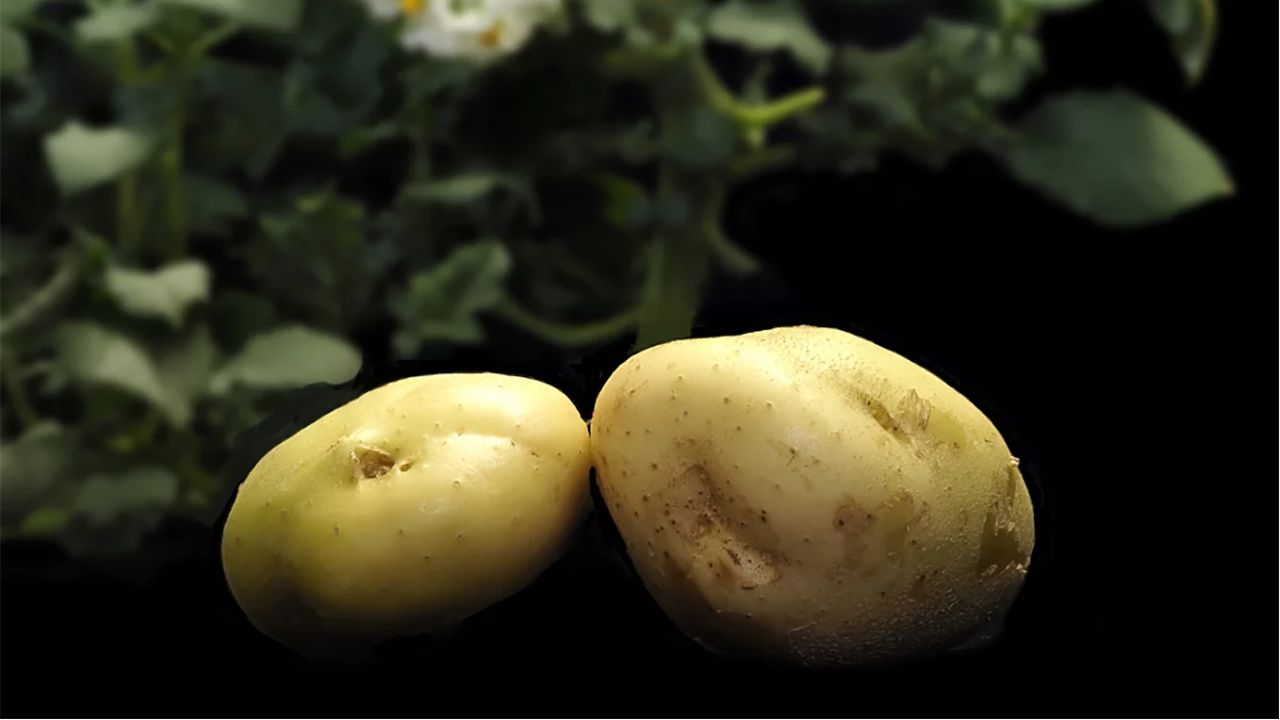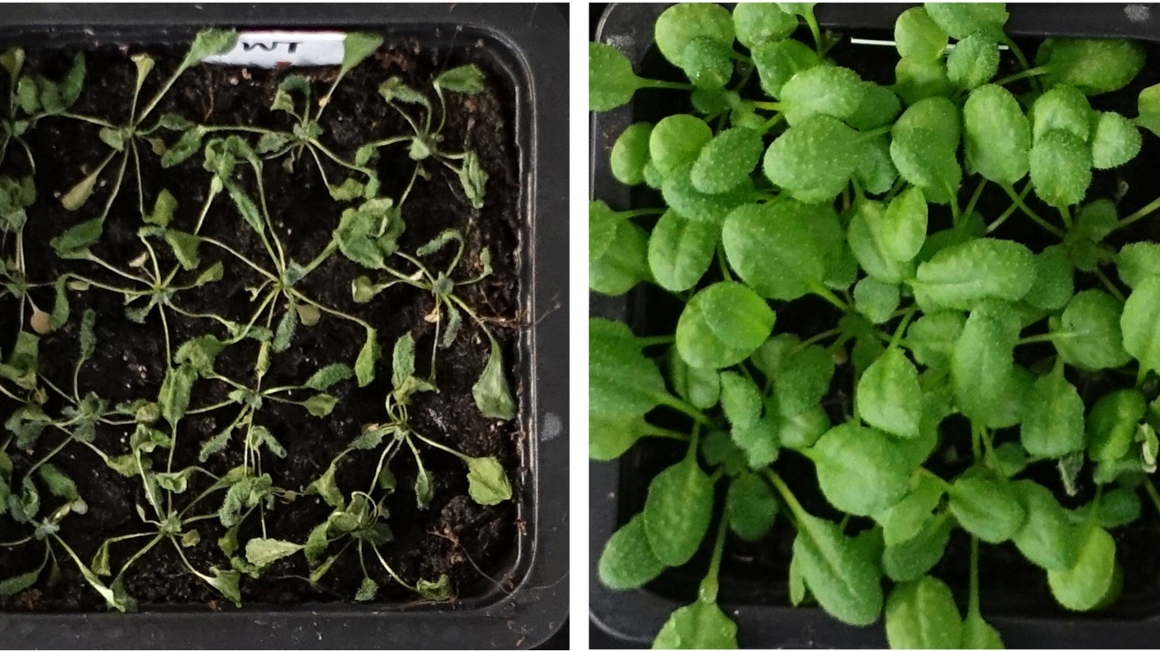Complex potato genome sequenced
An international consortium with plant researchers from Munich and Cologne has deciphered all four genome copies of the potato, thus facilitating breeding.

Just over ten years after an international consortium first presented a reference genome of the potato, a consortium of researchers from the Ludwig Maximilian University of Munich and the Max Planck Institute for Plant Breeding Research in Cologne has taken the next step: For the first time, the researchers have sequenced the genome of a potato variety with four sets of chromosomes with chromosome set accuracy and published it in the scientific journal "Nature". This is an important basis for making it easier to optimize the complex genome of the potato for breeding purposes.
Improvement over the 2011 reference genome
The reference potato genome from 2011 originated from a double diploid plant. In genetics, a diploid genome is a genome in which each chromosome is present twice - one copy comes from each parent. Humans are diploid, potatoes can also be diploid or hexaploid depending on the variety, but most breeding lines are tetraploid. In the latter, four copies of each chromosome are present. In this case, the respective genes can be expressed differently on each chromosome. However, in a double-diploid plant, as used in the reference genome, two of the four sets of chromosomes are identical in each case. This simplifies the assignment of the individual sequence segments to the correct chromosome set during sequencing.
A total of 38,214 genes identified
The potato genome now presented consists of 3.1 billion base pairs, because the research team has succeeded with a trick in distinguishing and sequencing all four sets of chromosomes with 99.6 % accuracy: The experts did not use the tetraploid cells of the leaves for the analysis, but only the diploid pollen cells of the potato plant. The team sequenced a total of 717 pollen genomes to achieve the accuracy now available. The potato genome thus contains 38,214 genes, only about half of which occur in all four sets of chromosomes. On average, each gene exists with 3.2 copies in the entire genome.
Hope for better resistance and yield performance
Although there are around 5,000 potato varieties worldwide, only a few closely related varieties dominate cultivation. This makes potato production vulnerable to individual pests, as dramatically demonstrated by the famine in Ireland in the 1840s caused by tuber blight. In other crops, meanwhile, plant breeding has succeeded in increasing resistance to pests, diseases or other environmental factors while at the same time increasing yield. Thanks to the new genome sequence, the researchers now hope to succeed more quickly, not least in view of the climate crisis.
bl


